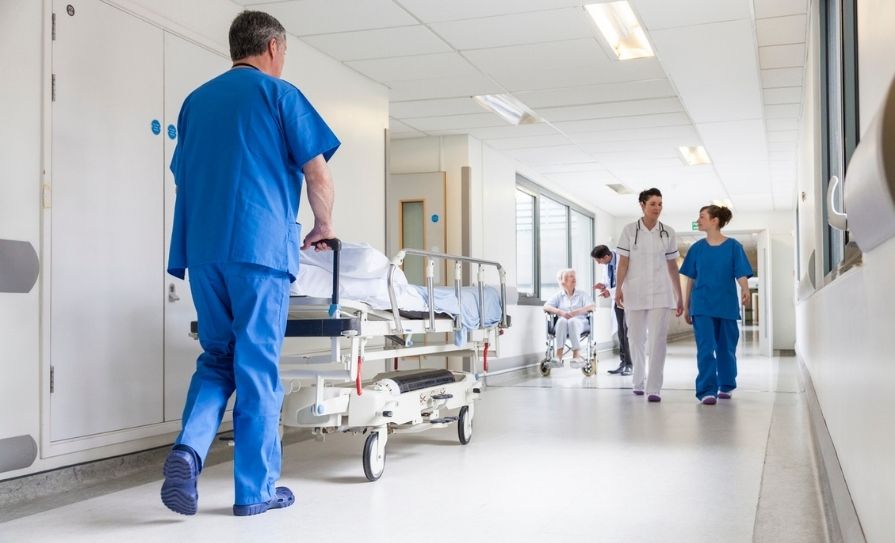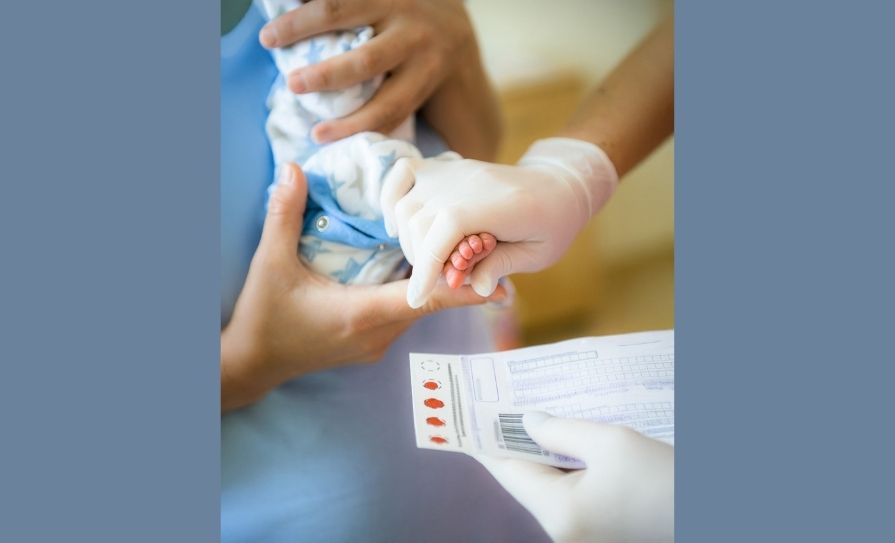The HSE Chairperson does not believe the recent general election or fatigue with structural change will slow down the planned regional reorganisation of the health service.
“No, I don’t think so,” said Mr Ciarán Devane, Chair of the HSE board, when asked by the Medical Independent (MI) whether implementation will be slower than planned.
“I think it’s all about being place [geographically] based and to make sure how the care is integrated, focused on the needs of the patient in that location.
“I think that we have to find a way of making sure that the care pathways are ‘agnostic’ to whether it is in the community, in the GP practice, in acute, or if it’s in social care.”
Mr Devane was speaking to MI at the National Health Summit in Croke Park, Dublin, held on 6 February.
He added that there is a “challenge” with the regional reorganisation because of the “sheer scale” of the process.
The reorganisation is not about “institutional boundaries”, he said.
“You know, that matters, but it really is around not looking at this as a structural solution, but looking at it as a care pathway solution, and that the structures line-up to support the care pathway,” Mr Devane said.
Also speaking at the summit, Ms Laura Magahy, Director of the Sláintecare Programme Office, said she had visited three of the Hospital Groups to discuss structural reorganisation and there would be meetings with the other Groups later this year.
“We have had a really good engagement. I think people realise that we can’t keep on going with how we are doing things at the moment,” Ms Magahy told MI.
“That [need for change] is recognised by people. Whether they work in hospitals, or they are working in the community, they realise that we need a joined-up approach.”
The outgoing Minister for Health Simon Harris announced the establishment of six new regional health areas in July 2019.
The new regional health areas are in line with recommendations made in the Sláintecare Report, that regional bodies should be responsible for the planning and delivery of integrated health and social care services. The proposed six regional health areas are based on population data, including how people currently access health services, as well as a public consultation.













Leave a Reply
You must be logged in to post a comment.